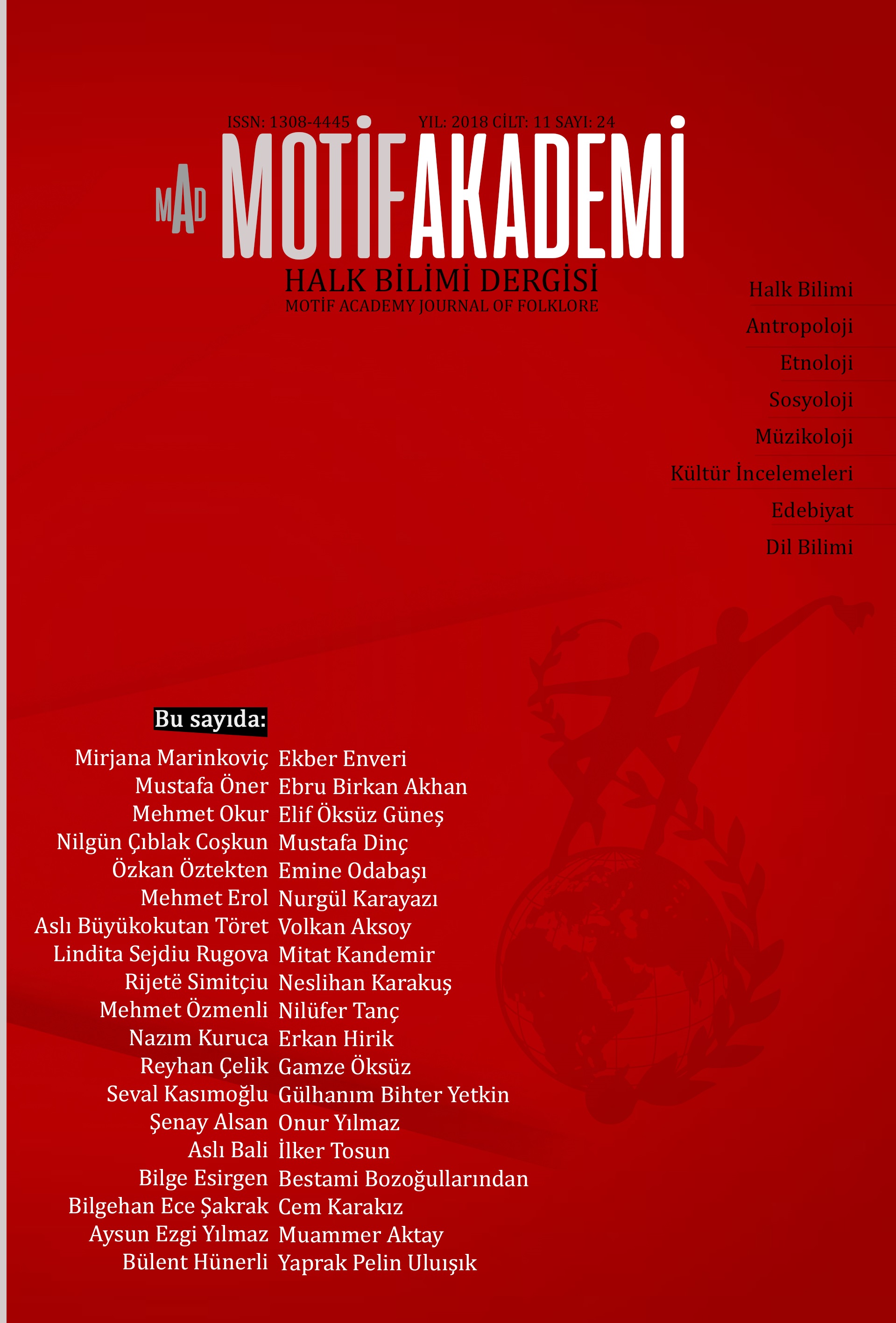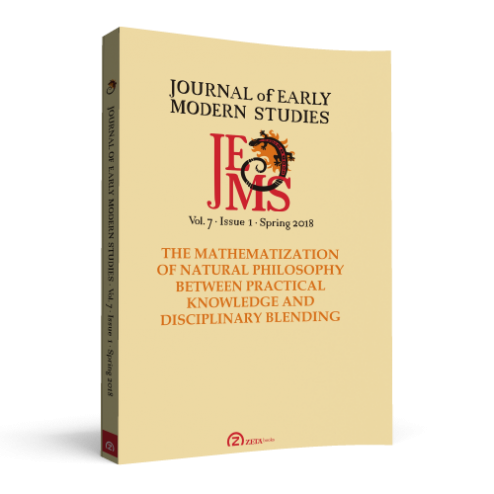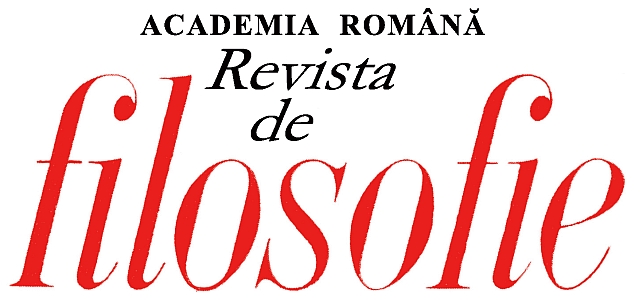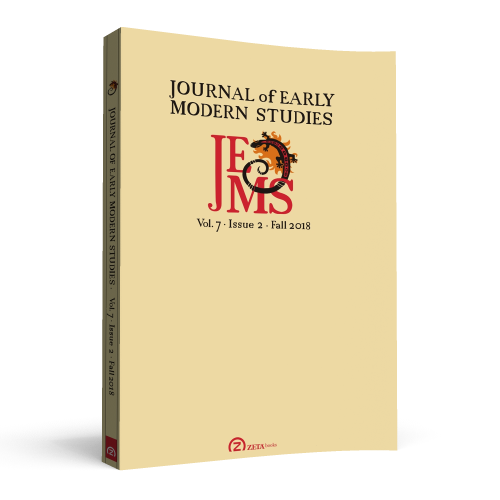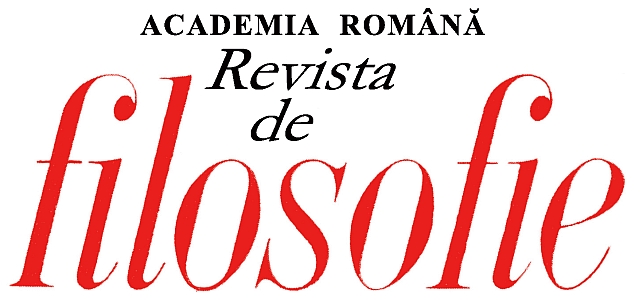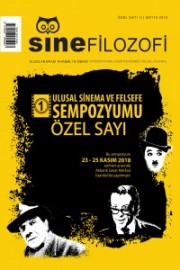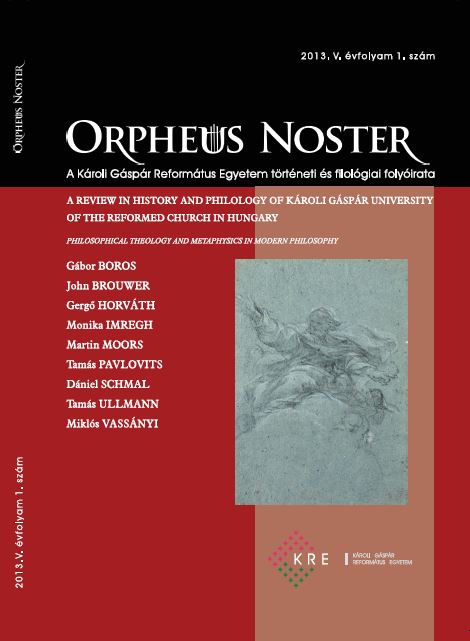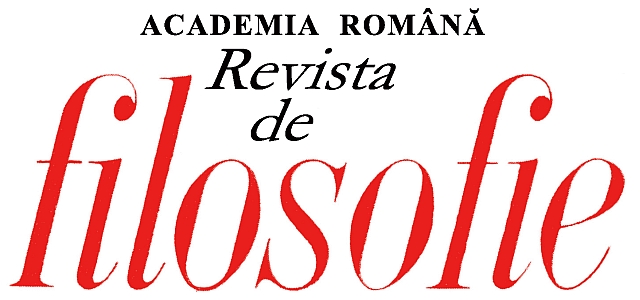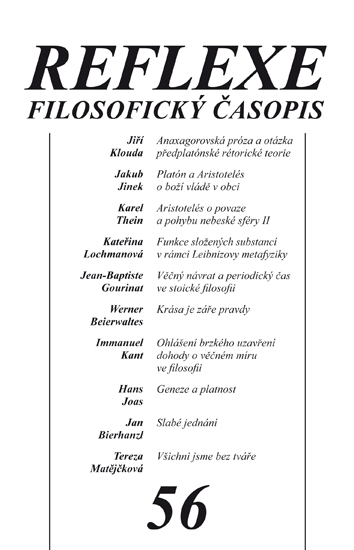Leibniz on Memory and Reason
This paper is intended to give an account of the problem of memory as presented in the philosophy of G. W. Leibniz. Leibniz’s understanding of memory is here analyzed with respect to the problem of knowledge, that is, to the way in which memory can have an impact on workings of reason. The analysis is followed by a comparison of Leibniz’s and Descartes’s accounts of memory, with a focus on the scope in which Leibniz was influenced by Descartes. I conclude that for Leibniz, as opposed to Descartes, memory is a necessary and integral part of knowledge, and therefore of the methodology of sciences as well. In this respect, the analysis also presents Leibniz’s understanding of two possible formalizations of memory: one given with the art of memory, and the other being the part of the philosophical language. In both cases memory is considered close to logic and connected with it. I argue that the second formalization, the one given in philosophical language, is more useful for the interpretation of how Leibniz understands memory, while the project of formal and symbolic language is a kind of precondition for the formal account of process of thinking in general – in terms of validating knowledge as certain and reliable, as well as in terms of acquiring new knowledge. Such findings, in turn, prove that the problem of memory in Leibniz’s philosophy is primarily to be seen as a problem of methodology and epistemology. In other words, they prove that other aspects of Leibniz’s concept of memory, such as metaphysical or theological ones, are to be interpreted on the basis of methodological meaning of this concept.
More...
